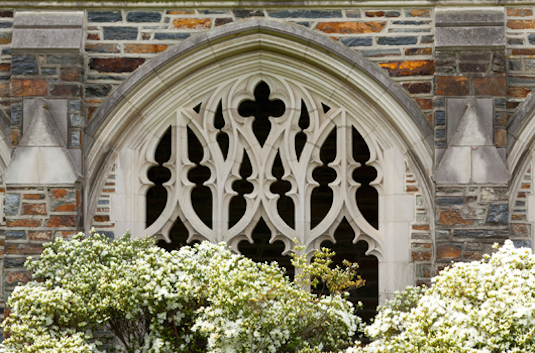Explaining the Rise of Modern Science: A Connective History?

In his recent study The Rise of Modern Science Explained: A Comparative History Floris Cohen argues that three modes of nature-knowledge - realist mathematical, kinetic corpuscular, and fact-finding experimental - combined to produce modern science. Cohen sees these as transformations of earlier European traditions. This talk traces them to three outside influences on Renaissance Europe - the computational techniques of the Indian number system, the Arabic optics of Ibn al-Haytham, and the flow of mechanical technologies from China. Although these influences on Renaissance Europe are widely appreciated their profound implications for modern science only become evident when we consider how they shaped the modes of natural-knowledge Cohen invokes to explain the rise of modern science. But this also requires us to go beyond the comparative approach within which he confines them toward a connective history that links them into the wider global context of Renaissance Europe.
Arun Bala is a physicist and philosopher of science who is the author of The Dialogue of Civilization in the Birth of Modern Science (Palgrave Macmillan, 2006) and Complementarity Beyond Physics: Neils Bohr's Parallels (Palgrave Macmillan, October 2016, forthcoming). He edited Asia, Europe and the Emergence of Modern Science: Knowledge Crossing Boundaries (Palgrave Macmillan, 2012), and co-edited (with Prasenjit Duara) The Bright Dark Ages: Comparative and Connective Perspectives (Brill, 2016).






